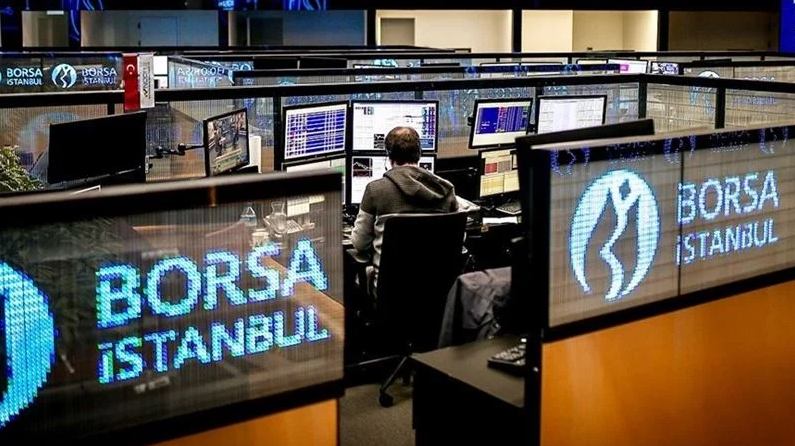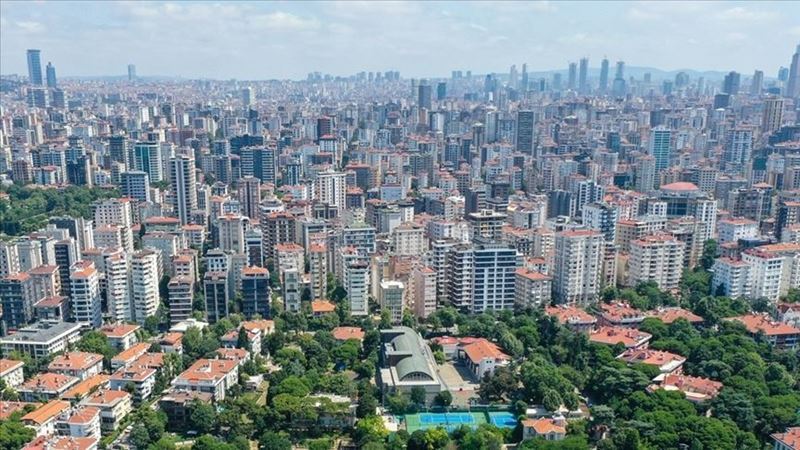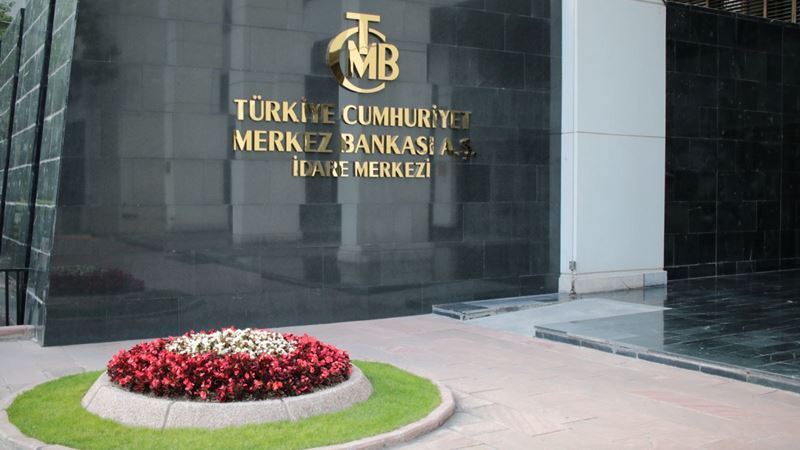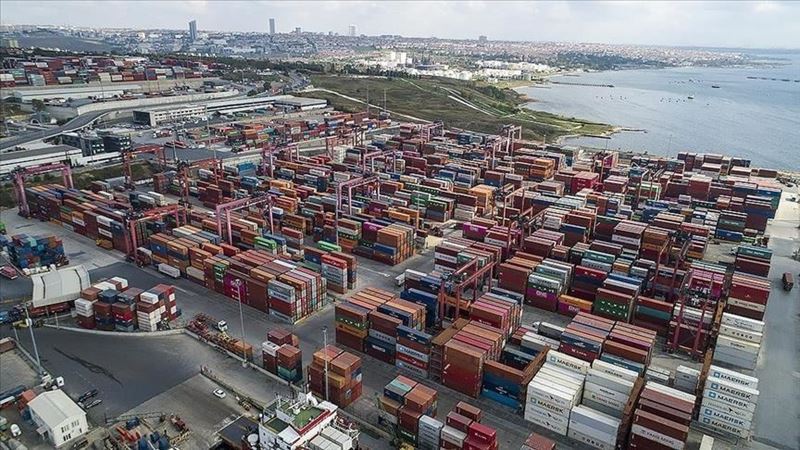It is seen that the stock market has been on holiday after major earthquakes in history in order to reduce the uncertainties in the markets. Volatility in the stock market has also reached incredible dimensions due to the Kahramanmaraş-based earthquakes. A lot of firm-based rises and falls took place within a few days. As a result of the measures, the stock market found its balance.
Borsa Istanbul started trading on Monday after the earthquakes on February 6 with measures such as warehouse conditions and short-selling bans. The BIST 100 index, which lost value by 1.35 percent on the first day of the earthquake and declined by 8.62 percent on the second day due to increasing selling pressure, was taken off for 5 trading days due to unhealthy price movements that occurred after the opening on Wednesday.
Measures were announced by shortening bureaucratic processes in share repurchase
The measures taken by the Capital Markets Board (CMB), Borsa Istanbul, the Insurance and Private Pension Regulation and Supervision Agency and the Banking Regulation and Supervision Agency (BRSA) were announced before Borsa Istanbul started trading on February 15.
With the measures taken, bureaucratic processes for share repurchases have been shortened, and the minimum share holding obligations of state contribution funds in the Private Pension System (PES) have been increased.
The BIST 100 index, which gained 9.88 percent on Wednesday, February 15, when Borsa Istanbul was reopened with the measures taken after the earthquake, started the day with an increase of more than 7 percent, but gave back a significant part of its gains and closed the day with an increase of 1.17.
The BIST 100 index, which was observed to be in the forefront of balancing efforts last week, increased by 0.63 percent on a weekly basis to 5,058.75 points and continued to remain above the pre-earthquake level.
Special measures were taken for companies in the earthquake zone
While companies located in the earthquake zone were affected relatively more, some companies were suspended from trading in the stock market until the damage assessment studies were completed.
In this context, Sasa Polyester, Bossa Trade and Industry Enterprises, Bilici Investment, Sanko Pazarlama and Rubenis Tekstil announced that there was no significant damage in their factories and that production continued, and the transaction queues of the companies were opened on the same day.
While İskenderun Demir Çelik and Hatay Tekstil opened for processing on February 20, Arsan Tekstil is still closed. In the statement sent by Arsan Tekstil to the Public Disclosure Platform (KAP), it was stated that the damage file was opened and the process continues.
The course of the BIST 100 index was observed after the earthquakes
Due to the earthquake that occurred on 17 August 1999 in Kocaeli's Gölcük district, Borsa İstanbul was closed for 7 working hours. Although the BIST 100 index decreased by 10.4 percent compared to the previous closing level after opening to trading on August 26, it compensated some of its losses the next day and increased by 1.4 percent.
The BIST 100 index had increased by 6.4 percent in the one-month period after the 1999 earthquake. The biggest contribution to the index to make up for its losses in a month's time came from the main sectors of stone, soil and metal.
BIST 100 index, after the earthquake that occurred in Erciş district of Van on October 23, 2011, gave a limited response and decreased by 0.9 percent on a daily basis on October 24, 2011. The index, which gained 0.4 percent on a weekly basis, decreased by more than 10 percent in the month until November 23, due to new earthquakes in the region.
While the daily loss in the BIST 100 index, which was at its historical peaks before the earthquake that occurred in Elazig on January 24, 2020, was 0.3 percent, the index lost 2.5 percent on a weekly basis and more than 6 percent on a monthly basis.
Finally, in the earthquake that occurred in İzmir on October 30, 2020, the BIST 100 index lost 1.3 percent on a daily basis. While the index recorded an increase of 7.2 percent on a weekly basis, making up for its losses, the increase was 15.4 percent on a monthly basis.











Comments
No comment yet.